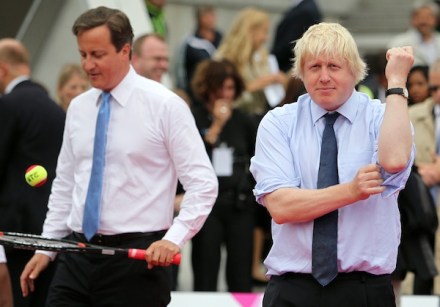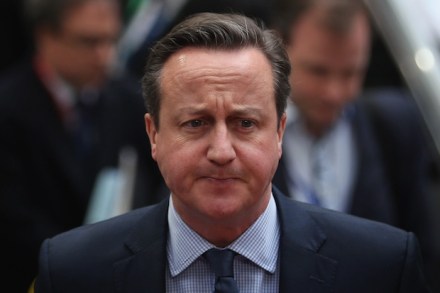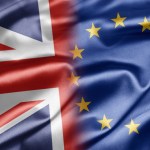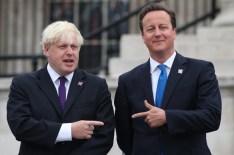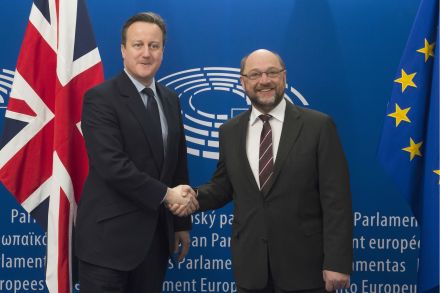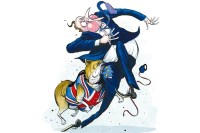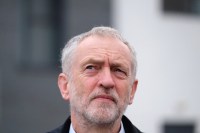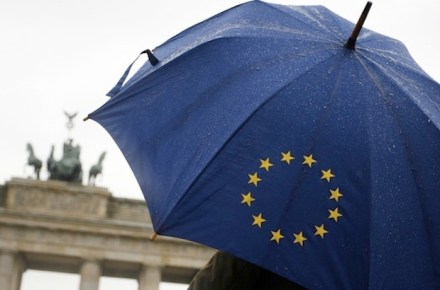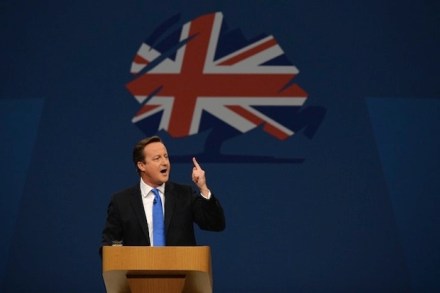Can Cameron and Boris keep a lid on it?
David Cameron’s slap down of Boris Johnson on Monday was one of the most brutal, and personal, that I’ve seen in six and a half years of reporting on parliament. But, as I report in my Sun column today, Number 10 are now keen to calm things down. Indeed, even some of Cameron’s closest allies now concede that the tone he took with Boris on Monday was a mistake. I’m told that Cameron and Boris have been in contact and are now exchanging, dread word, ‘bantery’ texts. One well-placed source is clear that the ‘PM’s tone will be much more emollient from now on’. Though, given how irritated Cameron is
